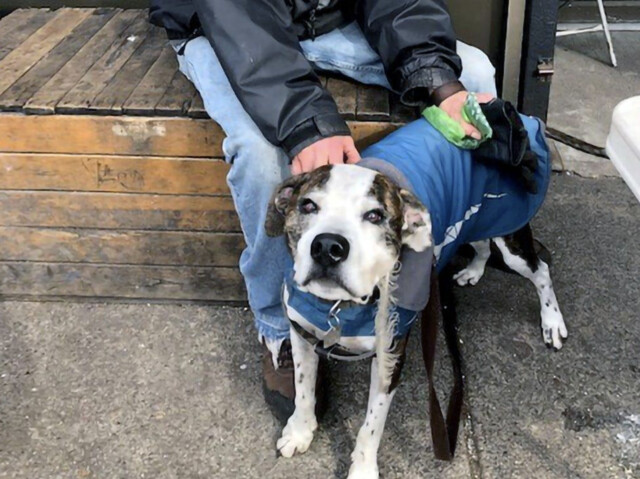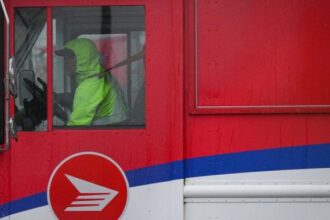The familiar sound of kibble hitting metal bowls has grown quieter across British Columbia as the BC SPCA’s pet food banks face unprecedented shortages, leaving thousands of vulnerable animals and their families in increasingly precarious situations. What began as localized scarcity has rapidly evolved into a province-wide crisis, with demand outpacing donations at an alarming rate.
“We’re seeing empty shelves where there used to be pallets of food,” says Jodi Dunlop, manager of the BC SPCA’s Vancouver branch. “The combination of rising living costs and inflation has created a perfect storm—more families need help feeding their pets while fewer people can afford to donate.”
The organization reports a staggering 70 percent increase in requests for emergency pet food assistance over the past year, with their outreach programs now supporting approximately 3,500 animals monthly. This surge comes as inflation continues to impact household budgets across British Columbia, forcing many families to make difficult choices between personal necessities and pet care.
Long-time donors to the program have also felt the economic squeeze. Corporate sponsorships that once provided reliable bulk donations have decreased by nearly 30 percent, according to BC SPCA officials. Meanwhile, individual contributions of pet food have slowed to a trickle in many communities.
“People who never imagined needing assistance are now turning to us,” explains Emma Michel, BC SPCA outreach specialist. “These aren’t just pet owners looking for free supplies—they’re families experiencing temporary hardships who are desperate to keep their beloved companions.”
The organization’s data reveals that emergency pet food assistance often serves as a critical safety net, preventing shelter surrenders and keeping families intact during financial crises. Their research indicates that approximately 15 percent of animal surrenders in British Columbia stem directly from financial inability to provide food and basic care.
In response to the shortage, the BC SPCA has launched an urgent province-wide appeal, asking the public for donations of unopened pet food, treats, and cat litter. Monetary donations, which allow the organization to purchase supplies at wholesale rates, are particularly valuable in stretching limited resources.
“Even small donations make an enormous difference,” says Dunlop. “A $25 contribution can feed a medium-sized dog for nearly two weeks, while $50 supports a cat for an entire month.”
Several community initiatives have emerged to support the effort, including workplace collection drives and school fundraisers. Local business partnerships have also proven critical, with some pet supply retailers offering collection points and matching donation programs.
The shortage extends beyond dogs and cats, affecting families with small animals like rabbits, guinea pigs, and birds—species often overlooked in donation drives but equally affected by the economic pressures facing their owners.
As the BC SPCA works to address immediate needs, the organization is also advocating for longer-term policy solutions through dialogue with provincial officials. Their proposal includes potential tax incentives for pet food manufacturers who donate to assistance programs and community-based preventative veterinary care initiatives to reduce overall pet ownership costs.
For now, the focus remains on rebuilding depleted supplies before winter, when transportation challenges often complicate delivery to remote communities. The organization hopes increased public awareness will translate into actionable support.
As families across British Columbia continue navigating economic uncertainty, one question remains particularly poignant: In a society where pets provide essential emotional support during difficult times, what responsibility do we collectively bear to ensure no family is forced to surrender a beloved animal simply because they temporarily cannot afford to feed them?










